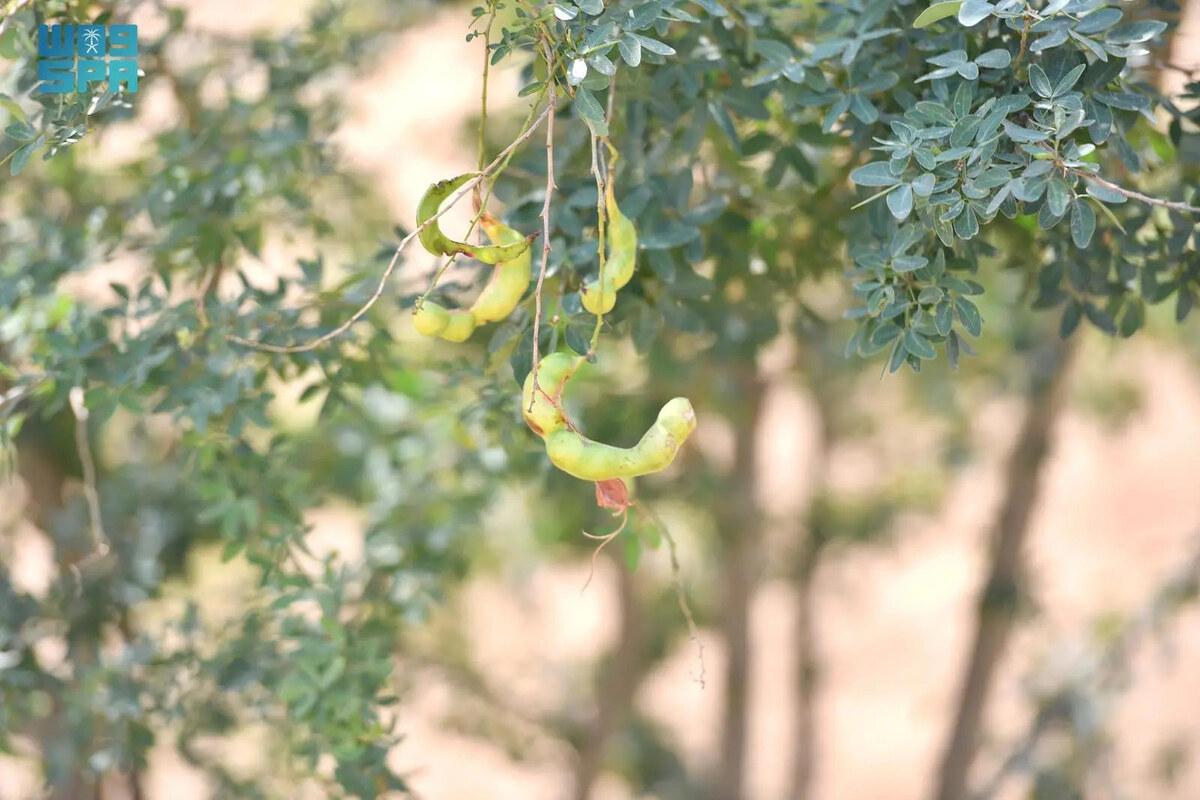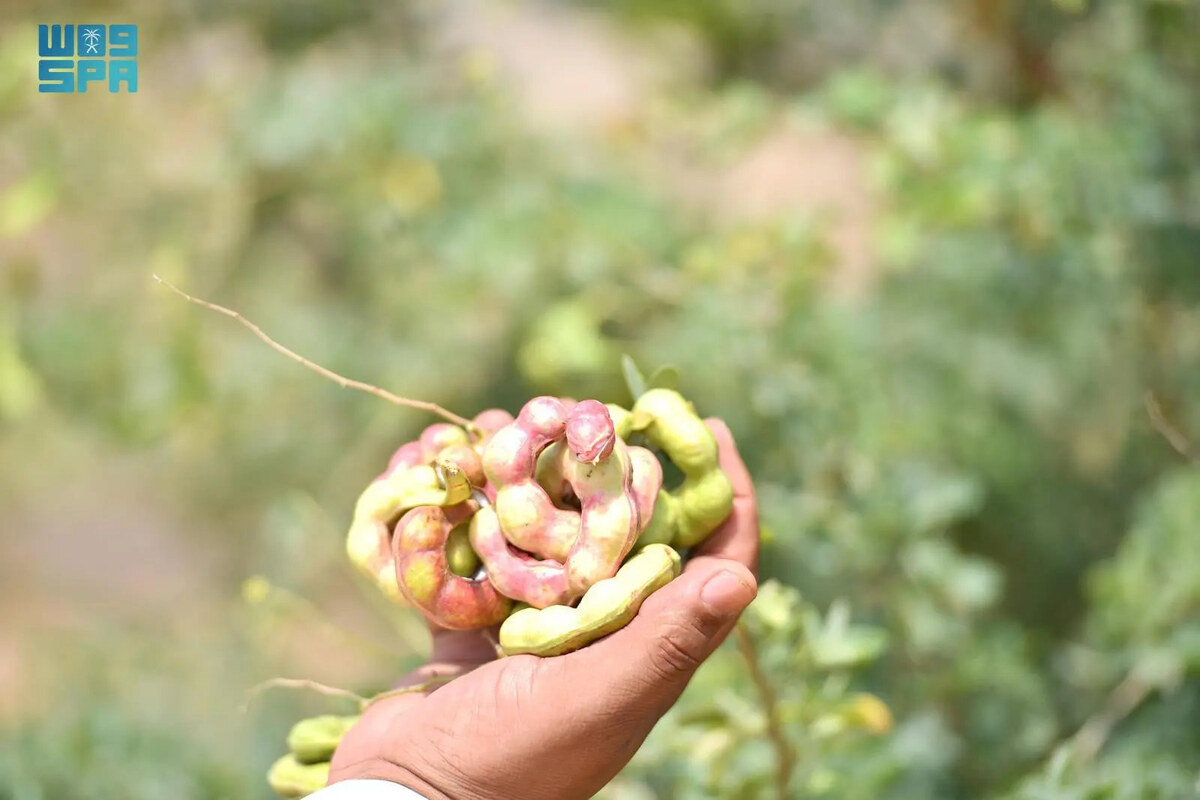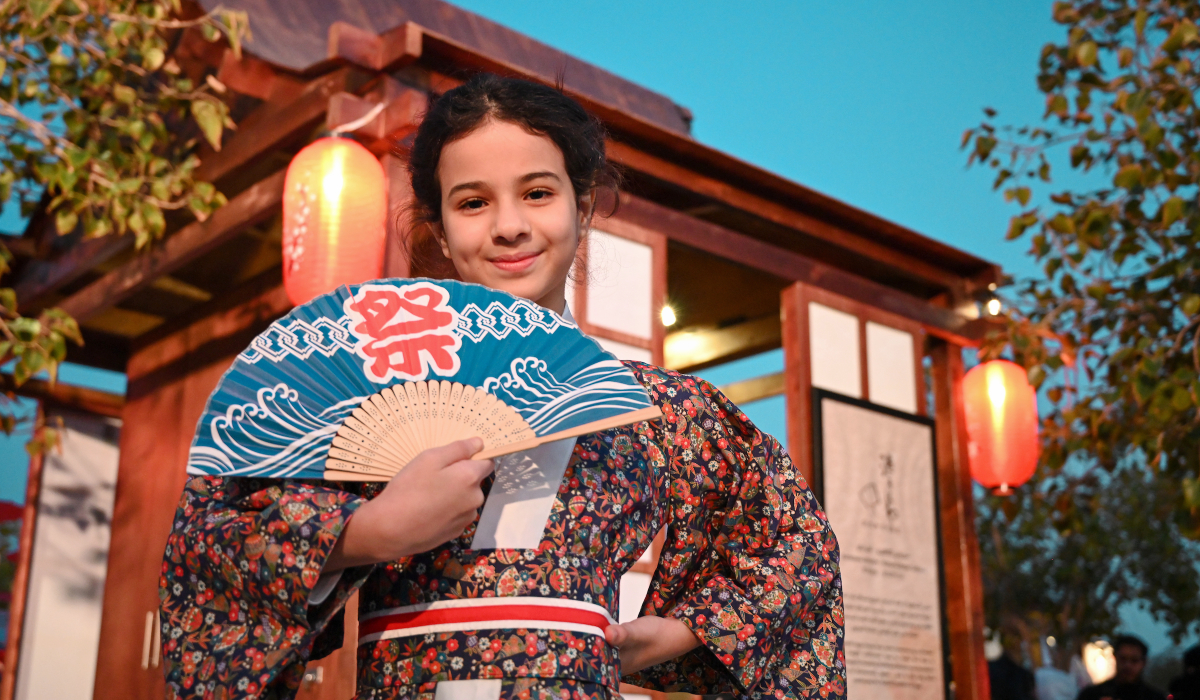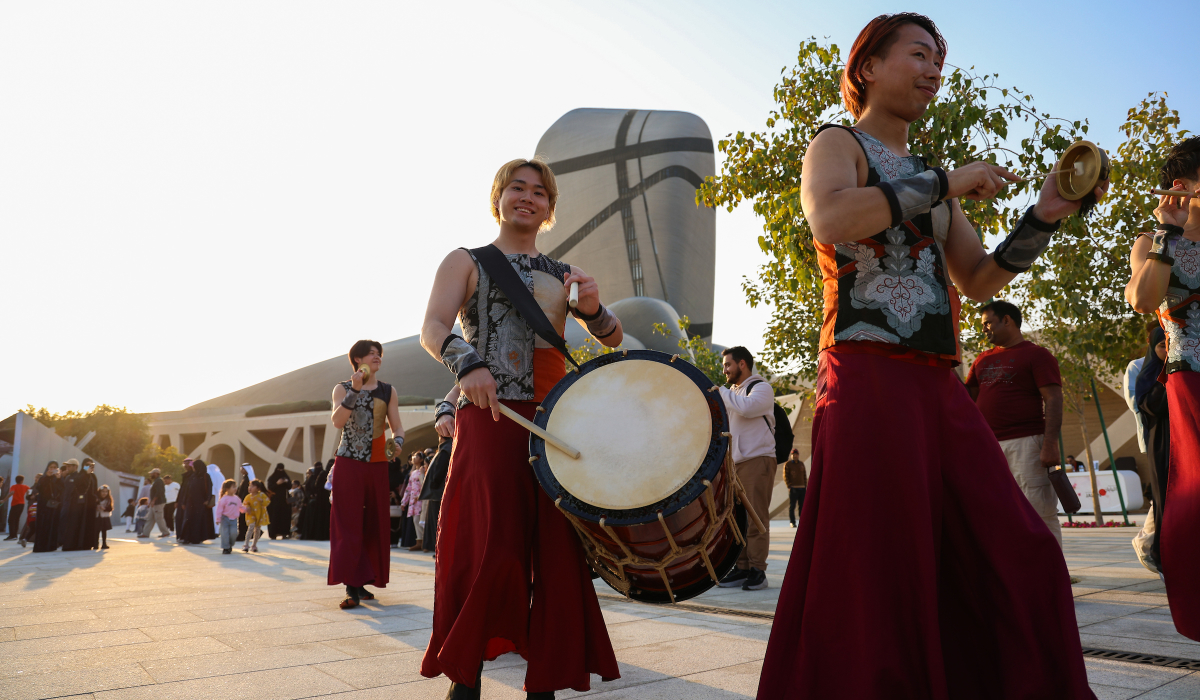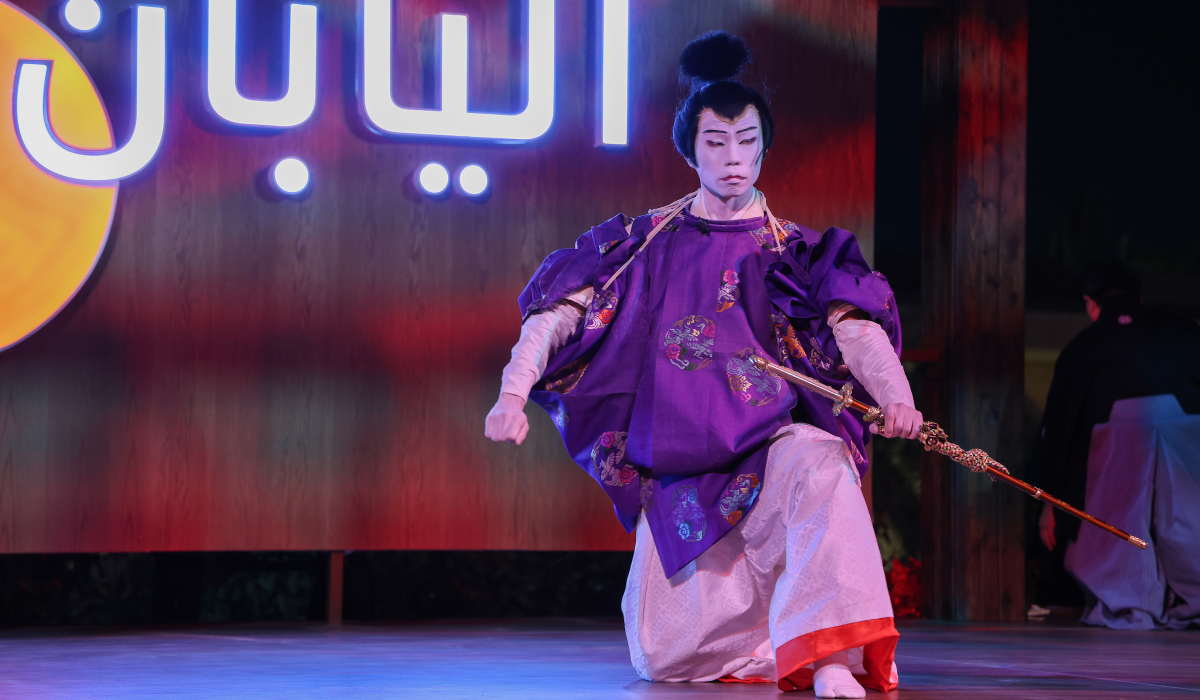RIYADH: A nationwide supply of clean water produced entirely by renewable energy-powered desalination in Saudi Arabia is possible, according to top industry executives.
Mohammed Al-Hajjaj, CEO of Engie Saudi Arabia, spoke to Arab News about how advances in technology and affordability meant that fully renewable desalination is a possibility.
“In recent years, we have seen significant advances in energy storage, making it not only feasible and practical, but also increasingly affordable,” he said on the sidelines of the Solar & Storage Live KSA exhibition in Riyadh on Wednesday.
“We anticipate that in the coming years, technological advances will enable the integration of full desalination powered entirely by renewable energy sources, combined with energy storage solutions.”
Al-Hajjaj pointed out that several universities and research institutions in Saudi Arabia were developing technology to achieve fully renewable desalination in the Kingdom.
Saudi Arabia already has several desalination plants that are powered by renewable energy — including the 90,000 m3/day Al-Khafji and the 600,000 m3/day Jazlah.
Several more are in development, including Engie’s 450,000 m3/day Yanbu 4 and 570,000 m3/day Jubail 3B.
Significant development is needed to increase the capacity of green desalination in the country, which produced an average of 13.2 million m3/day of desalinated water in 2023.
As well as building solar-power desalination plants, Saudi Arabia has big ambitions to decarbonize its entire energy grid and achieve a 50/50 mix of renewable and gas by 2030.
Francois-Xavier Boul, Engie’s managing director MENA (Middle East and North Africa), echoed Al-Hajjaj’s optimism over renewable desalination.
He said: “With the grid becoming greener and greener, you can see a day where that becomes possible.”
One factor that has historically incurred additional costs for renewable energy systems is large-scale battery storage.
Due to intermittency issues — when solar panels are not harvesting energy from sunlight overnight, or when wind levels fall causing turbines to stop spinning — battery storage systems are one way of achieving round-the-clock renewable energy.
Building large battery systems does add costs, but on a positive note for renewable energy utilities providers and governments looking to cut emissions, those costs are plummeting.
A 2023 report from the US National Renewable Energy Laboratory predicted that battery prices would continue to fall through to at least 2050.
Developers from around the world gathered in Riyadh on Wednesday for the Solar & Storage Live KSA exhibition.
The event brought together global renewable companies intending to cultivate new opportunities in Saudi Arabia’s path to net zero.
With ambitious targets to increase renewable energy capacity, the Kingdom is a fertile ground for developers.
Some of the world’s largest solar projects are being built in the country, including the 1.5-GW Sudair, 2-GW Shuaibah 2, 2-GW Ar Rass 2, and 2-GW Haden.
Saudi Minister of Energy Prince Abdulaziz bin Salman announced in December 2023 a significant acceleration in the country’s renewable energy program.
The Kingdom will add 20 GW of renewable energy capacity every year, aiming to achieve a total of 130 GW by 2030.
The new target is a significant step up from the previous target of 58.7 GW. To achieve it, the country’s Ministry of Energy will be responsible for meeting 30 percent of the new capacity, while the Public Investment Fund is developing 70 percent with ACWA Power.











